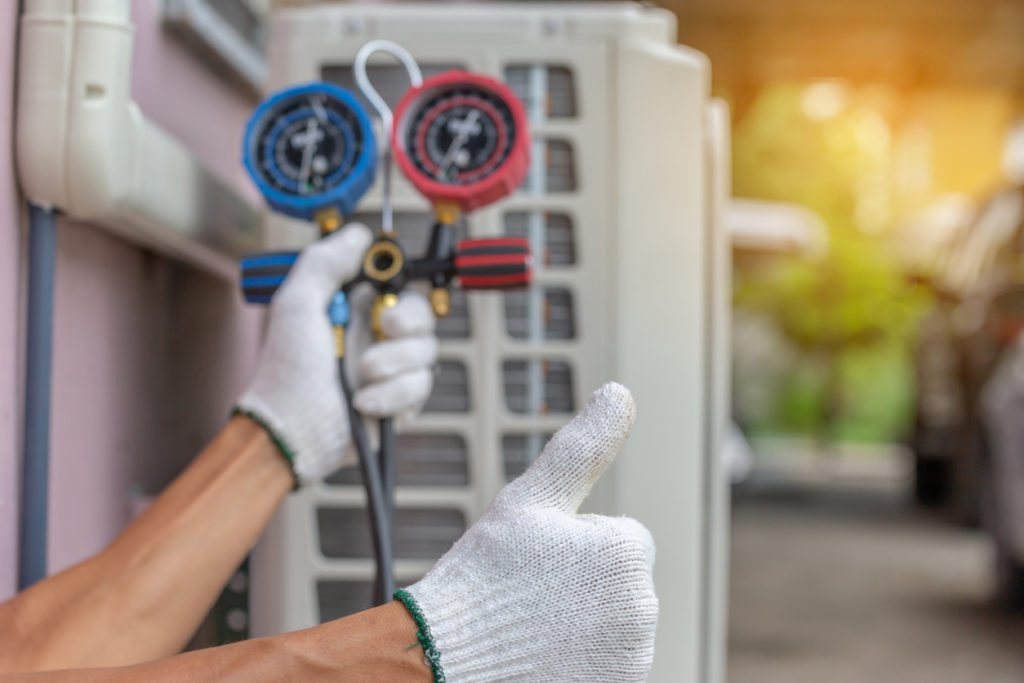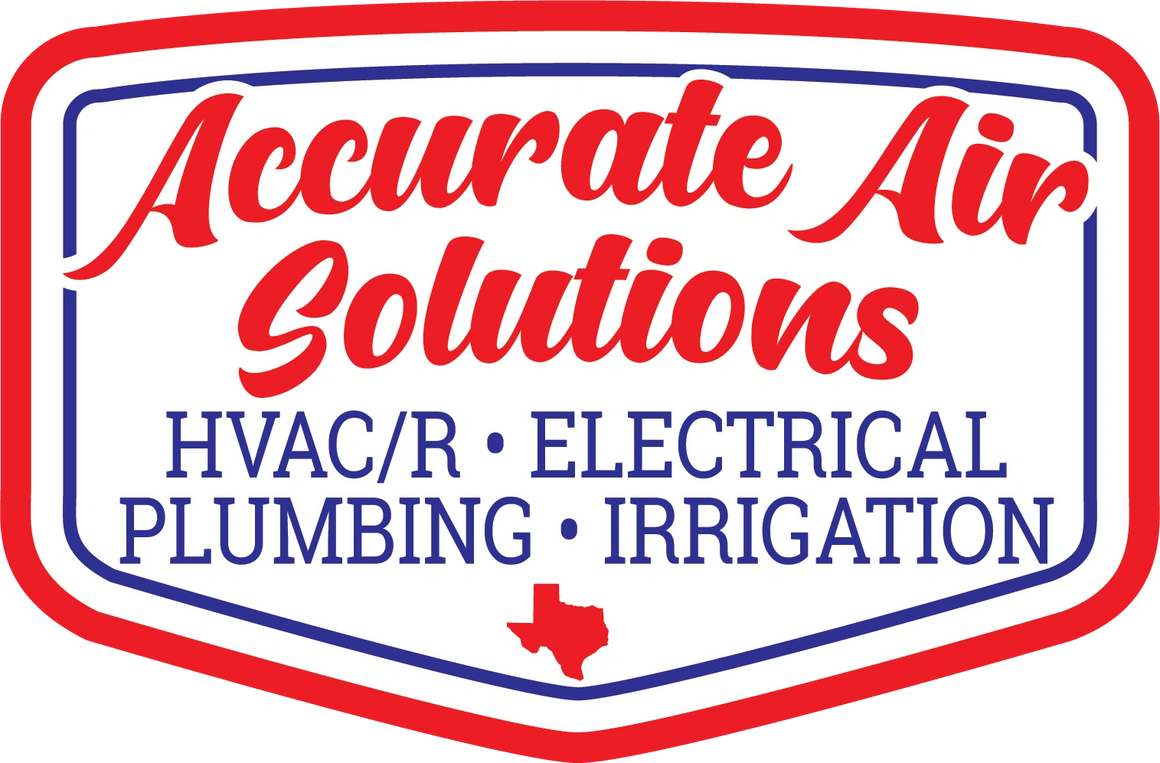The Relevance of Heating And Cooling Setup: Secret Factors To Consider for a Comfortable Indoor Atmosphere
The setup of an A/c system is a vital part in accomplishing an energy-efficient and comfy indoor setting. Elements such as the viability of the system for particular structure requirements, correct sizing to prevent inefficiencies, and the expertise of specialists for a quality setup play critical duties. The adoption of sophisticated technologies can substantially enhance system performance.
Picking the Right System

When selecting an a/c system, it is vital to review the capacity called for to efficiently heat or cool the area without exhausting the system, which can cause enhanced wear and operational costs. Consulting with a professional HVAC specialist can supply useful insights right into picking a system that straightens with both the awaited use and the architectural layout patterns of the structure.
Additionally, considering the assimilation of wise technology can boost system administration and monitoring, supplying higher control and potential price savings. By meticulously analyzing these aspects, one can ensure the option of an a/c system that not only satisfies immediate requirements but additionally adds to lasting operational sustainability and owner comfort.
Recognizing Energy Performance
Comprehending power effectiveness is crucial when taking into consideration a cooling and heating installation, as it directly impacts both the ecological footprint and the operational costs of the system. High-efficiency a/c systems are developed to use less energy to achieve the same level of comfort as much less reliable models, thereby lowering energy expenses and advertising sustainability. The efficiency of an a/c system is typically suggested by rankings such as SEER (Seasonal Energy Efficiency Proportion) for ac unit or AFUE (Yearly Fuel Use Performance) for furnaces. Higher rankings represent higher performance and lowered power intake.

Investing in an energy-efficient a/c system not only equates to cost financial savings but additionally adds favorably to ecological preservation by lowering greenhouse gas emissions. In addition, many jurisdictions offer rewards or rebates for the setup of high-efficiency systems, better improving their monetary charm.
When reviewing energy performance, consider innovative features such as variable speed electric motors, wise thermostats, and zoning capabilities. These innovations boost the system's capability to change to differing demand, therefore enhancing power use. It is important to seek advice from with cooling and heating experts who can provide insights into the most effective options customized to details climate conditions and use patterns, ensuring optimal effectiveness and convenience.
Significance of Proper Sizing

Alternatively, an undersized home HVAC system will certainly battle to reach the desired temperature, particularly during extreme weather. This can cause continuous procedure, causing greater energy expenses and prospective getting too hot of system parts. In addition, insufficient sizing can bring about inconsistent temperature level distribution, creating certain locations of a structure to be as well cozy or too cool.
To achieve the right sizing, a complete tons estimation is necessary. This involves evaluating various variables such as the structure's square video, insulation levels, window kinds, and neighborhood climate problems. By properly identifying the home heating and cooling down demands of an area, a/c specialists can recommend systems that make sure reliable procedure, reduced energy usage, and enhanced interior convenience.

Ensuring Quality Installation
A seamless HVAC installment is the foundation of a system's longevity and efficiency. This professional need to possess in-depth understanding of diverse systems and be skilled at assessing the details needs of the structure.
Proper installment exceeds plain placement of tools. It involves specific calibration to guarantee optimum air movement, efficient power consumption, and uniform temperature level distribution. This includes precise ductwork installment, guaranteeing links are safe and secure and leak-free, which is vital for preserving system effectiveness and interior air top quality.
In addition, the execution of sophisticated diagnostic tools throughout installment can identify prospective concerns early, preventing expensive fixings and extending the lifespan of the system. The specialist needs to also guarantee that all elements work which the system conforms with regional building ordinance and regulations.
Regular Maintenance Practices
As soon as the structure for a high-performing HVAC system is developed via high quality setup, the focus should shift to normal upkeep methods to guarantee continued performance and integrity. Routine maintenance not just expands the life expectancy my company of the system but also boosts interior air quality, reduces power usage, and avoids pricey repair services. Vital maintenance jobs include frequently changing air filters, cleansing evaporator and condenser coils, and checking the system for leaks or clogs.
Air filters must be replaced or cleansed every one to 3 months, depending upon usage and ecological elements. This simple job can considerably boost air flow and system performance (air conditioning repair service in Brownwood TX). Cleaning up the evaporator and condenser coils avoids dust build-up, which can impede warmth absorption and cooling ability. Additionally, specialist technicians must inspect the system each year, looking for cooling agent levels, electrical links, and general system performance.
Interest to ductwork is likewise essential; securing and cleaning up ducts frequently prevents air loss and contamination. Implementing a maintenance routine ensures that minor concerns are addressed before they escalate, protecting the system's operational stability. By sticking to these maintenance methods, house owners can maximize their cooling and heating system's performance and maintain a comfortable indoor environment year-round.
Conclusion
By choosing an appropriate system customized to specific structure requirements, comprehending energy effectiveness, and ensuring right sizing, inefficiencies can be lessened. The involvement of proficient professionals warranties high quality installment, while the integration of sophisticated technologies improves system efficiency and monitoring.
Numerous types of A/c systems are available, including split systems, crossbreed systems, duct-free systems, and packaged heating and air systems, each with unique benefits and constraints.
Comprehending power efficiency is necessary when considering an A/c installment, as it straight impacts both the environmental impact and the functional costs of the system. The effectiveness of a Cooling and heating system is generally shown by rankings such as SEER (Seasonal Energy Effectiveness Ratio) for air conditioners or AFUE (Annual Gas Use Efficiency) for heaters (emergency ac service Brownwood TX).Once the foundation for a high-performing HVAC system is established with high quality installment, the emphasis ought to change to normal maintenance methods to ensure continued performance and integrity. Additionally, professional technicians should inspect the system annually, examining for cooling agent degrees, Go Here electrical connections, and total system efficiency